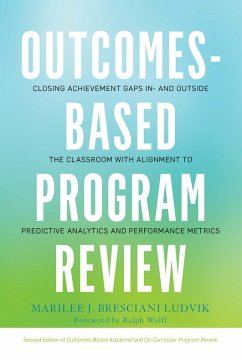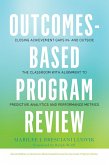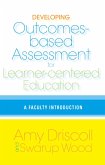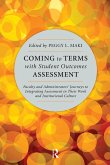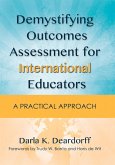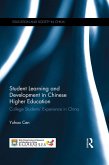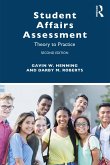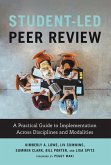This book introduces the reader to the principles of assessment of student learning outcomes in the context of program review, and illustrates how to implement a sustainable outcomes-based assessment program review process based on over 30 case studies of exemplary practice across a range of institutional types.
Dieser Download kann aus rechtlichen Gründen nur mit Rechnungsadresse in A, B, BG, CY, CZ, D, DK, EW, E, FIN, F, GR, HR, H, IRL, I, LT, L, LR, M, NL, PL, P, R, S, SLO, SK ausgeliefert werden.

